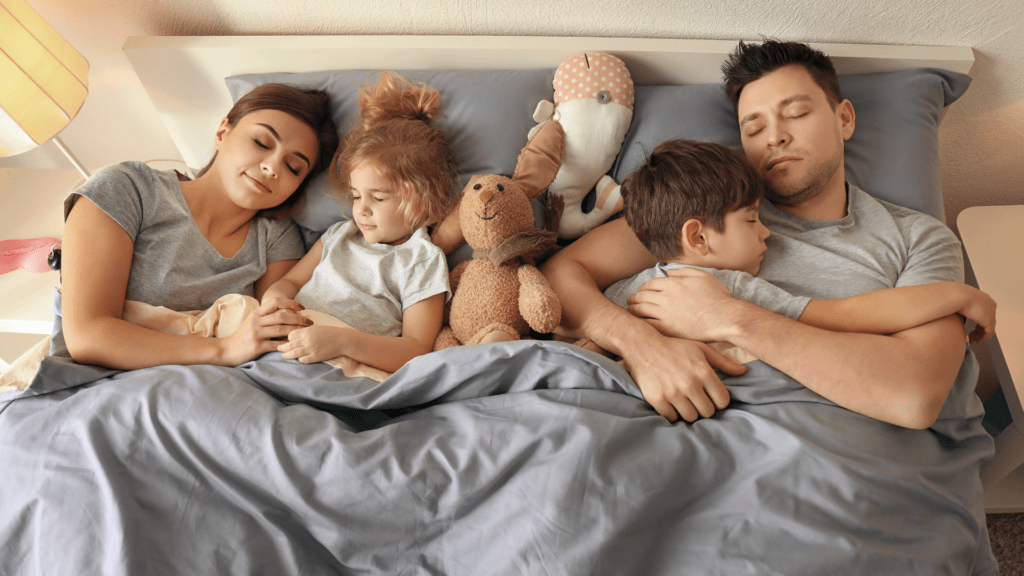😴 Why Sleep Still Rules Your Health
In 2025, with AI assistants, remote work, and 24/7 screen time, our days are more productive—but our nights are more disrupted than ever.
Sleep is not a luxury. It’s a biological necessity.
🕒 Recommended Sleep Duration by Age Group (2025 Update)
| Age Group | Recommended Sleep (per night) |
|---|---|
| Infants (0–12 mo) | 12–16 hours (including naps) |
| Toddlers (1–2 yrs) | 11–14 hours |
| Children (3–5 yrs) | 10–13 hours |
| Teens (13–18 yrs) | 8–10 hours |
| Adults (18–64 yrs) | 7–9 hours |
| Older Adults (65+) | 7–8 hours |
📌 Most adults need at least 7 hours per night for optimal brain, heart, immune, and emotional function.
🧠 What Happens When You Don’t Get Enough Sleep?
Lack of sleep in 2025 has been linked to:
- Memory loss & low concentration
- Higher risk of heart disease and obesity
- Poor skin health & faster aging
- Increased anxiety and depression
- Weak immunity
According to the Global Sleep Foundation 2025 Report, 1 in 3 people worldwide is chronically sleep-deprived.
🌙 How to Improve Sleep in the Digital Age
✅ Stick to a consistent sleep schedule
✅ Avoid screens 60 minutes before bed
✅ Limit caffeine after 3 PM
✅ Try sleep-promoting foods: almonds, bananas, chamomile tea
✅ Create a wind-down routine: journaling, reading, or stretching
✅ Use sleep-friendly tech: blue light blockers, white noise machines, smart lighting
🔄 Sleep and Your Lifestyle in 2025
With more people working remotely or flexibly, the lines between work and rest have blurred. That’s why sleep hygiene has become a wellness priority:
- Sleep tourism is trending (travel designed around rest)
- Smartwatches now track REM cycles and oxygen levels
- Apps like Calm, Headspace, and Rise are booming
- Employers are offering “sleep credits” as part of wellness programs
🛌 Final Thoughts
If you’re tired, unfocused, or moody—don’t overthink it. Sleep is likely the missing piece.
Make 7–9 hours your non-negotiable.
You’ll think better, feel better, and live better.
